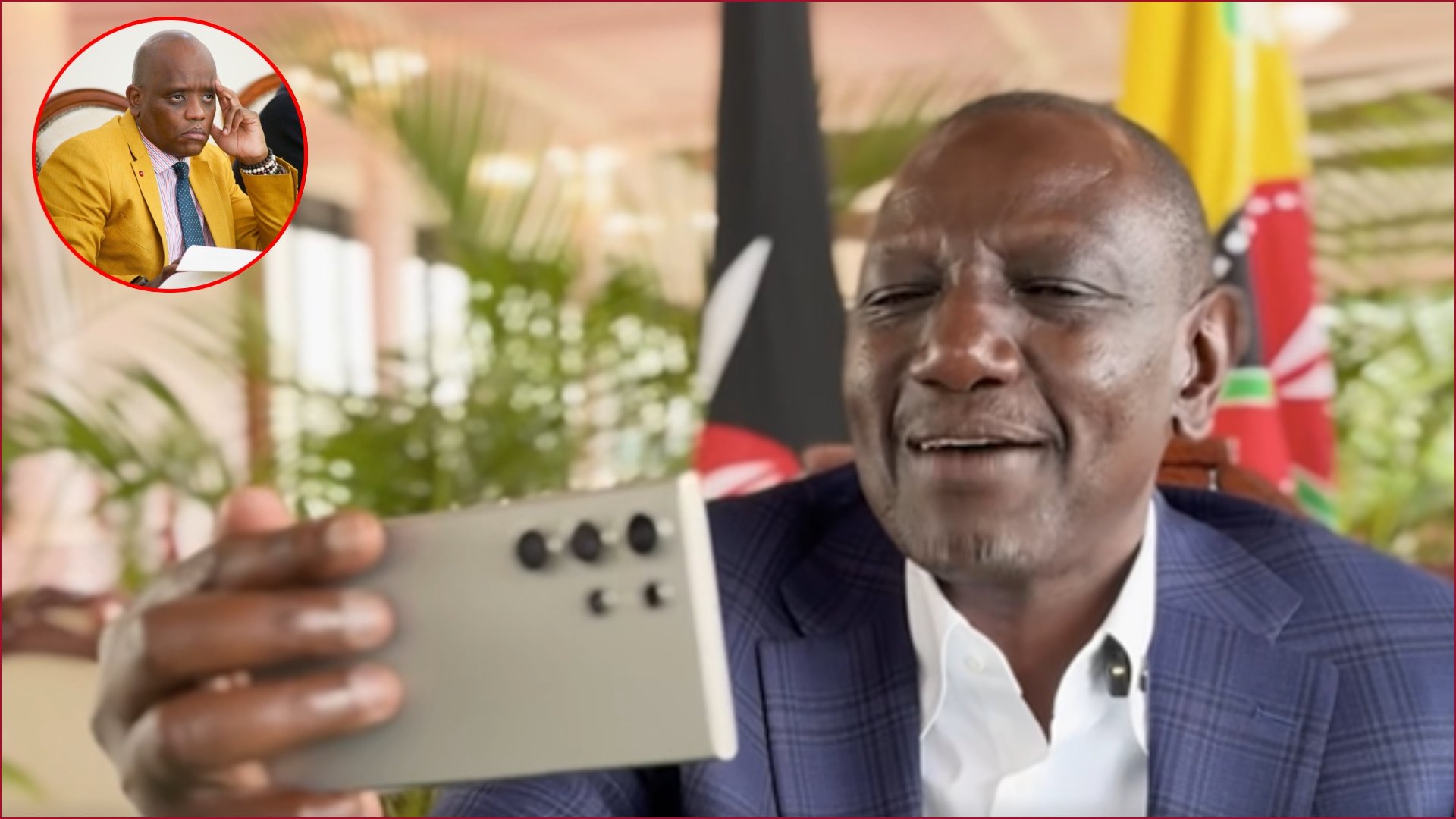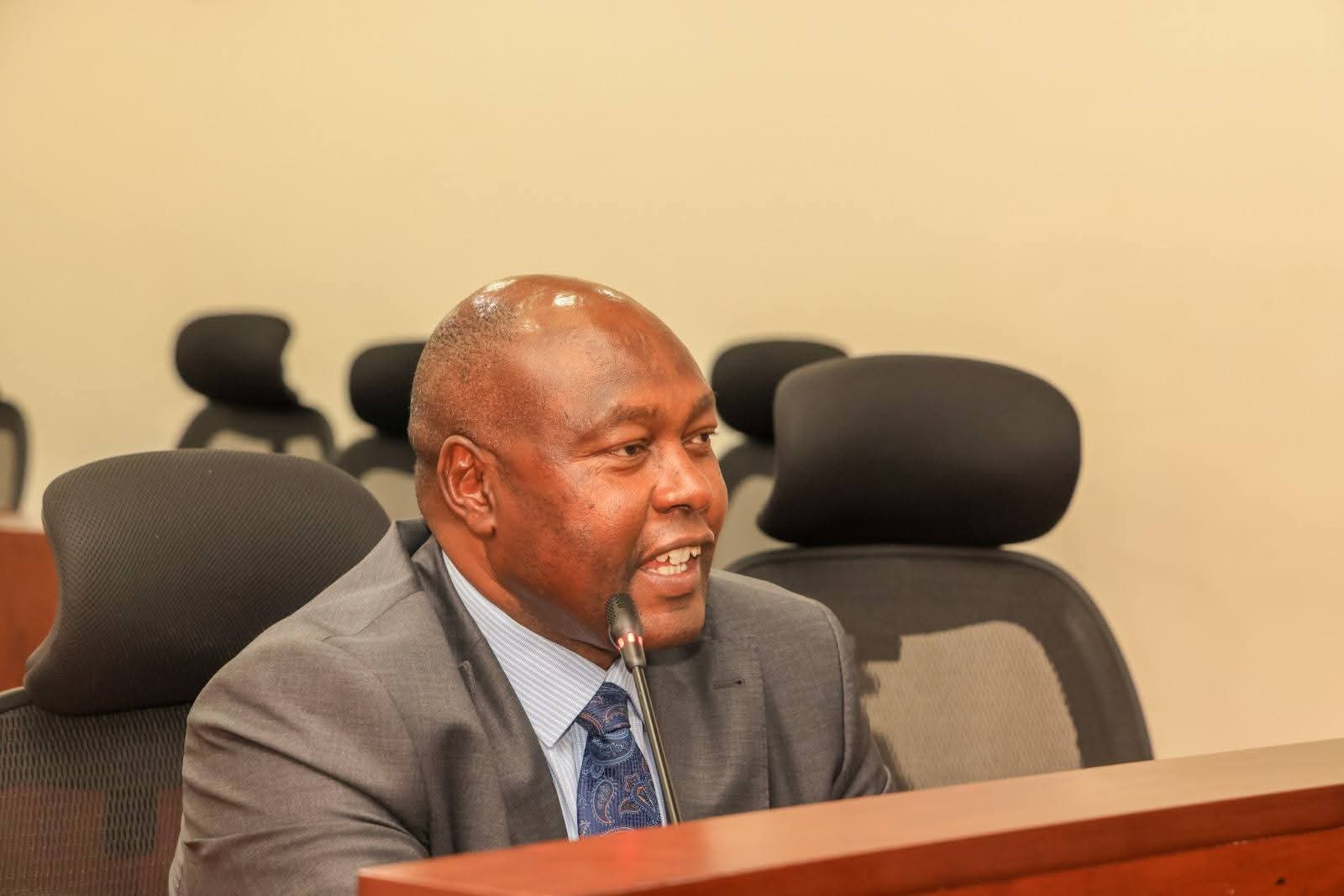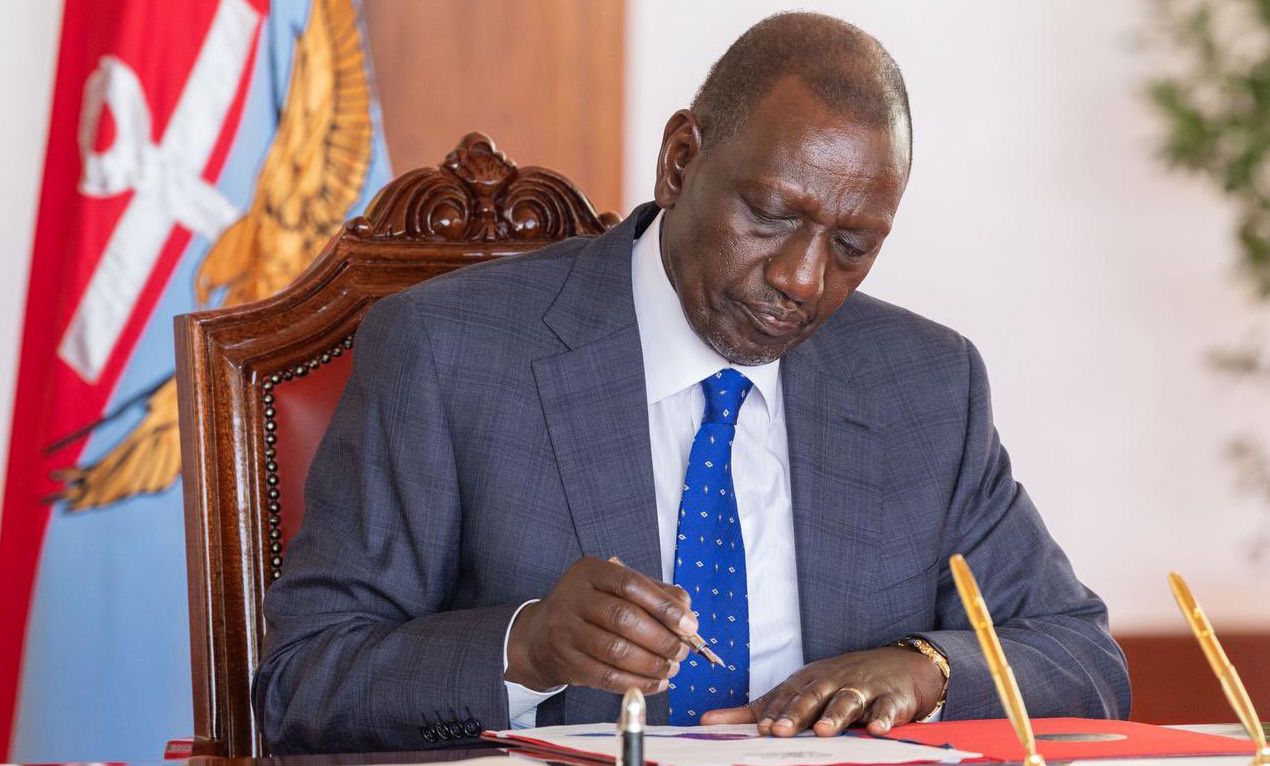Nairobi State House head of Presidential Special Projects and Creative Economy Coordination Dennis Itumbi has disclosed that President William Ruto listens to Kenyans' critiques and always works on them.
Itumbi, an avid social media user and strategist, says he often engages with Kenyans and presents their feedback to the head of state.
In an online interview, he explained that the president is aware that not all Kenyans agree with his style of leadership and model of work.
Itumbi revealed that he records all the criticism addressed to the president, screenshots them, and shares them with the head of state.
He, however, implied that he does not do it in bad faith or to have a critic punished, but to furnish the president with the mood of the country.
Read More
"Sometimes, even when I think he hasn't seen the negative reviews, I screenshot and send him. So that he can see that, I mean, there are people with a different opinion. Because, first, I'm an employee under him, so he's my boss. But beyond that, I also consider him a friend. So after working hours, I approach him as a friend, and I show him that people don't actually agree on this issue. And he has his remarks," he said.
Itumbi noted that wherever the president sees reason, he acts accordingly and adjusts to accommodate the criticism.

Where the critic argues without the facts, especially on a policy formulated by the government, the president always offers to explain.
"Sometimes he says, “Maybe this one didn’t understand, help them understand.” And then he adds, “This is actually correct; I agree,” before making a call to correct policy. So, negativity expressed with respect is good. In fact, when people criticize me, I grow. The same applies to the President; critics are necessary; they are our fuel. Without critics, you’re not a leader.
"All I ask for is respectful criticism. There’s no point in attacking a policy just for the sake of it. For example, if the government announces that content creators will earn from advertising revenue, the comment shouldn’t be something dismissive like, “You know, it doesn’t help your cause.” If you disagree, that’s fine, just say why you disagree and offer an alternative. So, I would say at this point: negative criticism is good, just keep it respectful," he said.
He, however, explained that the president is always open to harsh criticism.
Only that it should bear a reasonable argument that can inspire a policy change.
"If you feel that you best can express it with some insults, put the insults, but put a point. Don't just say, and then you say nothing. Criticize, say something. Even if you have to add some insults and you think that's the best way to express insults, but put your point because we take criticism very seriously," he added.
Itumbi's revelation come in the wake of concerns over Ruto's regime being unwelcoming to criticism and divergent opinions.
In the recent past, a string of abductions was reported as online critics and those who seem to dissent from the regime were being cracked down on, and in some instances, found dead.
However, the president has in some occasion dismissed some of the criticism as product of misinformation.
He recently referenced the Computer Misuse and Cybercrimes (Amendment) Act, 2025, which some quarters opposed and even rushed to court to challenge it.
The president noted that the law was never introduced by his regime as many argued, stating that it was enacted in 2018 long before he got to power.
Ruto stated that the law was just ammended and enhanced to tackle cybercrimes and violations of children and other vulnerable groups through the internet.
He observed that the critics argued on hysteria without going through the amendment to understand what it was all about.






